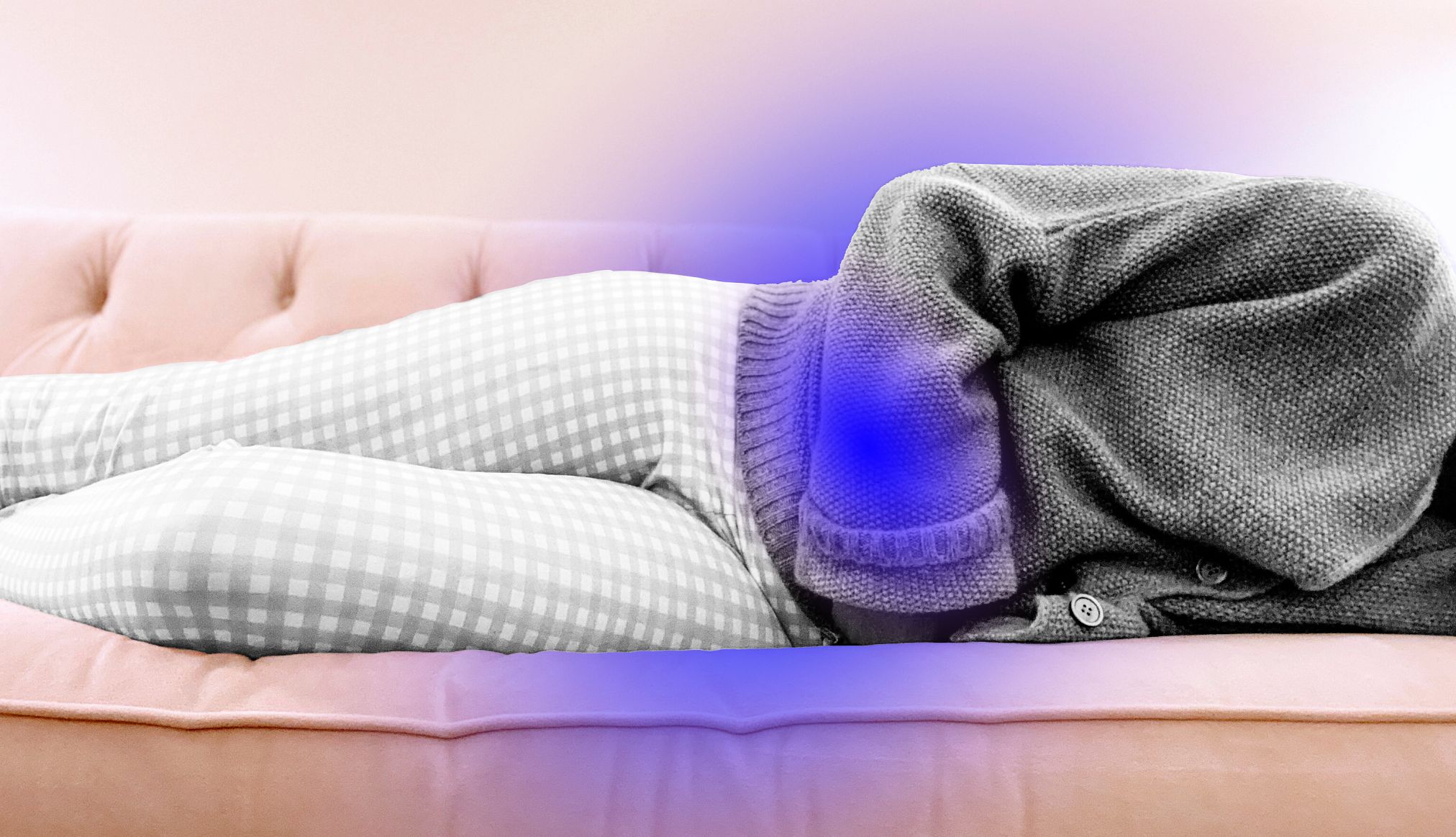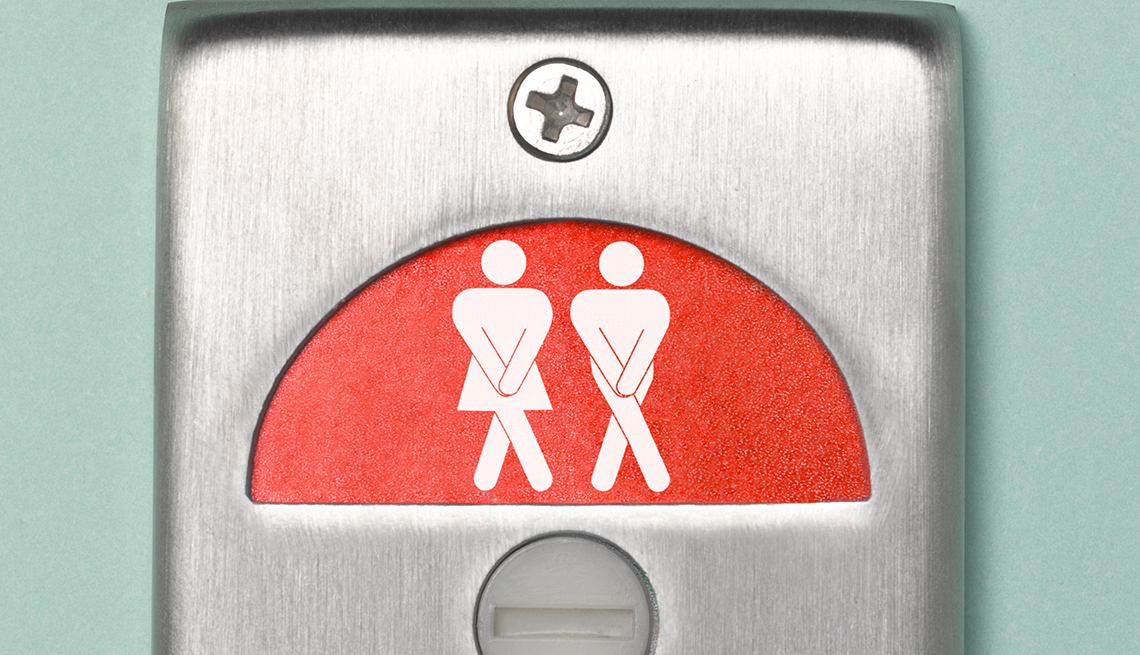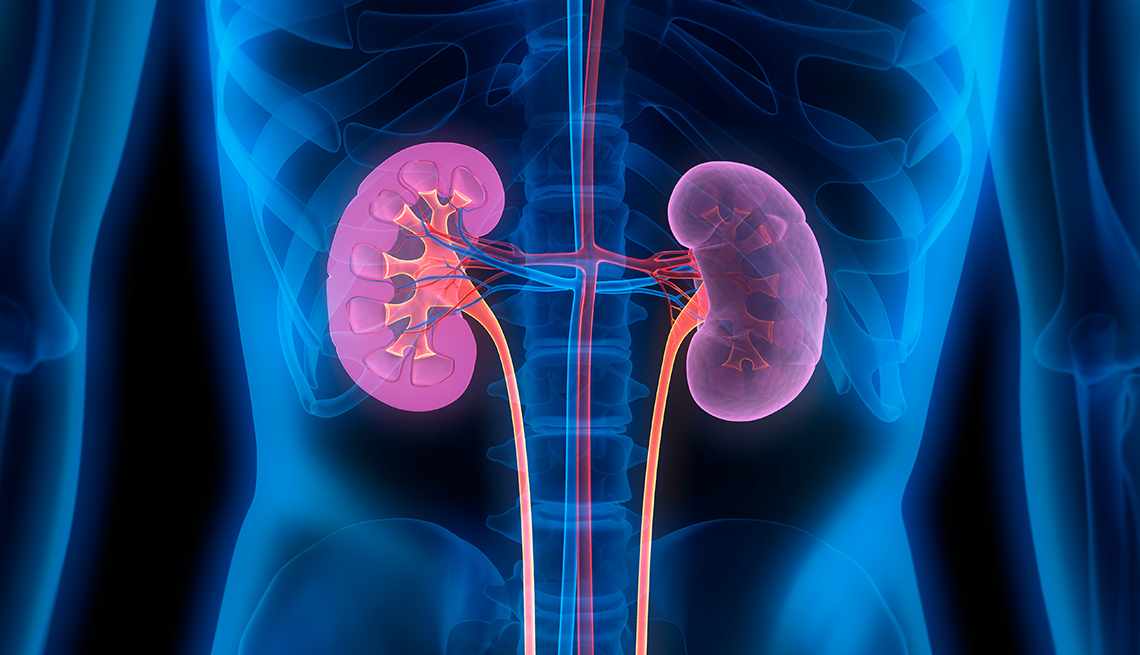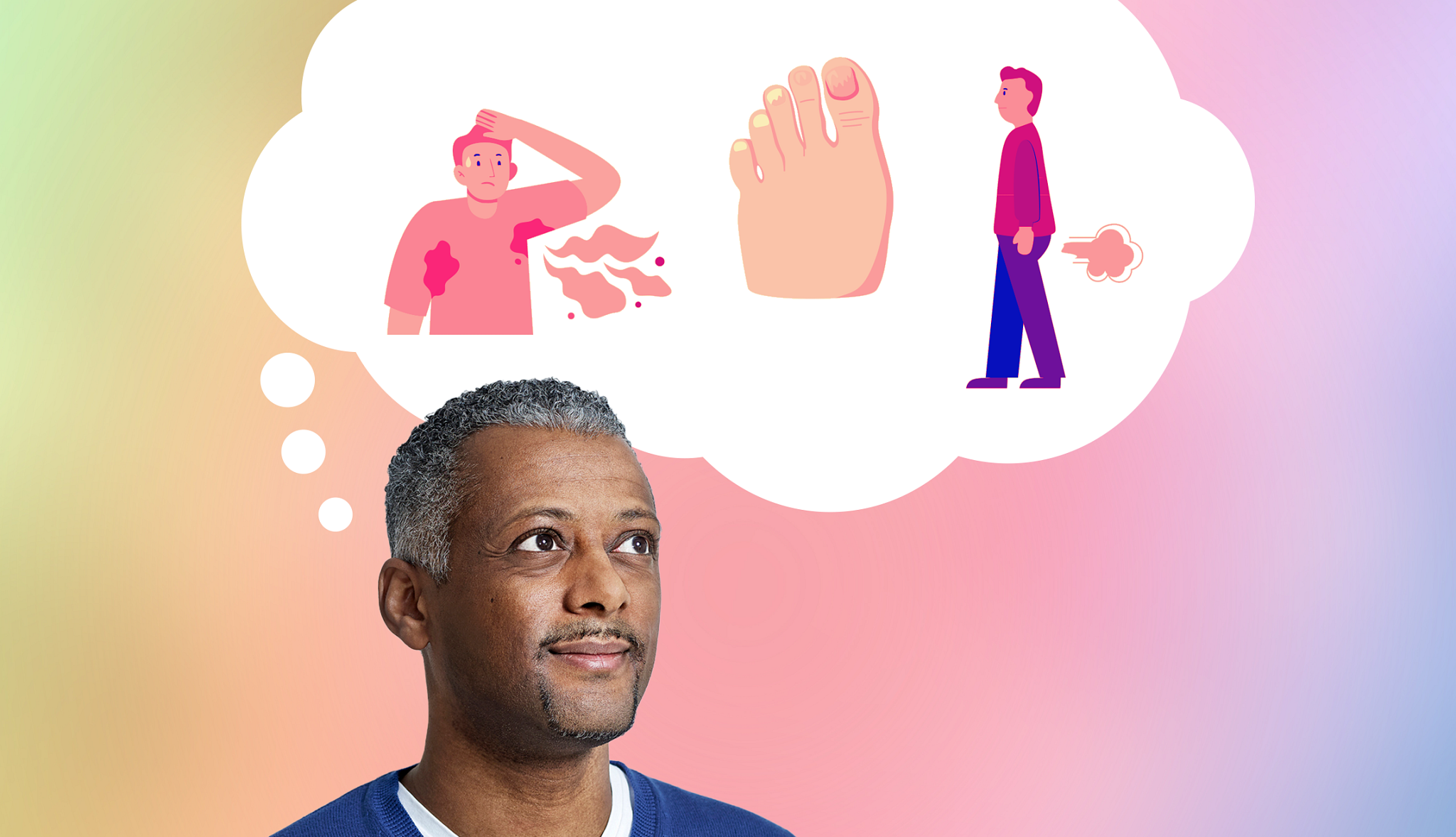2. Sudden, unexplained urge to urinate
Any woman who has ever had a UTI, even if it was decades ago, is painfully familiar with this feeling: As soon as you go to the bathroom, you feel the urge to urinate again, only nothing comes out, no matter when you try again.
As we age, some people already experience urgency or frequency, often due to the bladder muscle weakening — but if this urgency has developed suddenly or has gotten worse, you might have a UTI.
3. Pain in one of two areas
UTIs can cause newfound discomfort in two areas: the lower pubic area near the bladder or the lower-to-mid back, technically called the costovertebral area, where the kidneys are located. (Your doctor might refer to this discomfort as “CVA tenderness.”)
Why pain? Infections cause inflammation in the surrounding tissues.
4. Cloudy or foul-smelling urine
Once again, the key is urine that suddenly smells unusual or appears cloudy in the toilet. To prevent UTIs from occurring in the first place, it helps to drink plenty of fluids — your urine should be light yellow to medium amber — and to empty your bladder regularly.
Doing both “flushes out that bacteria trying to harbor in the bladder or the urethra,” says Allen. Women should also urinate right after sexual intercourse.
5. Blood in the urine
A UTI in a postmenopausal woman can cause another change in urine: the presence of nonmenstrual specks of blood.
“The tissues in your bladder and urethra become so irritated and inflamed that they are basically bleeding a little bit,” says Allen. That blood is not always obvious, she says, but with “a gross hematuria, which means larger amounts of blood in the urine, the urine will either be bright red or have a pinkish or cola color.”
6. Fever
Any infection, including a UTI, can cause a spike in temperature. Allen says to look for a fever of 100.4 degrees Fahrenheit or greater, adding: “Look for the fever in the context of some of the other symptoms. A fever alone does not indicate a UTI.”
She recommends using a tympanic (ear) thermometer, an oral thermometer or an axillary (armpit) thermometer to check your temperature. The fever may be accompanied by chills and even nausea.
7. Mental fog
Even if you don’t have any of the above symptoms but suddenly feel mentally off (with no other apparent causes), talk to your physician. Similarly, if you’re the caregiver of a loved one who suddenly exhibits confusion or something like worsening dementia, call their doctor.
Dr. Lisa Corbin, an internist in Denver, describes a female patient — “the healthiest 60-year-old you’ll ever meet” — who was weaning off narcotics for chronic neck pain and started to feel sick and loopy. “She didn’t have any urinary symptoms whatsoever, but by the time she saw me, she looked so bad I took her straight to the emergency room. She had gotten septic from a urinary tract infection.”
Confusion, of course, can have other causes, like dehydration or depression. But it’s a sign you should check in with your doctor.
What’s Menopause Got to Do With It?
A lot, when it comes to the causes of UTIs for older women.
“One of the defenses against UTIs is well-estrogenized tissue,” says Corbin. “We all know that our vaginas have estrogen receptors, but the urethra does, too. So as you lose your estrogen, that whole area loses a line of defense because you don’t have that moist, resistant mucosa anymore. It dries and cracks and lets things in.”
That’s why when women get recurrent UTIs (defined as three or more in one year), their physicians often prescribe a topical estrogen cream, applied to the opening where they urinate.












































































)




More From AARP
9 Strategies to Stop Peeing So Much
What you can do to slow the flowIs it an STI — Or Something Else?
Symptoms of STIs can mimic other illnesses, including age-related conditions
Doctor, How Can I Avoid Having to Pee All the Time?
Physician has advice to help with frequent urination